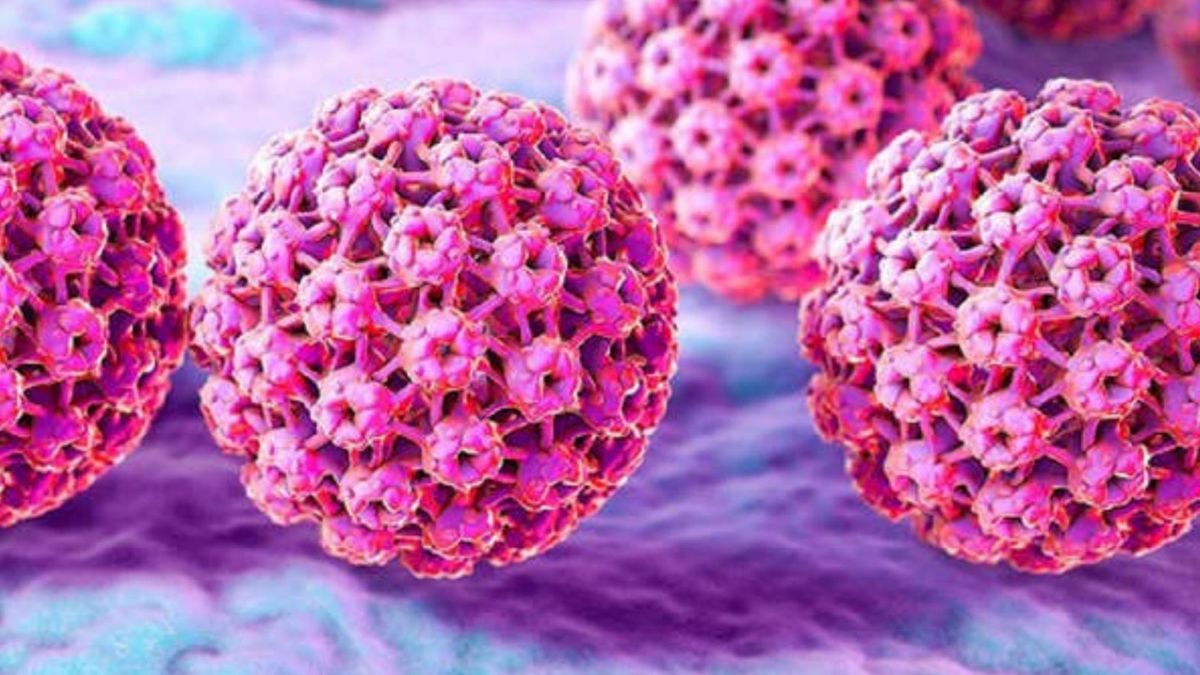HPV is a virus that is easily transmitted and more common than is believed. It is estimated that 4 out of 5 people could get one or more of the types of HPV at some point. For this reason, the correct use of condoms is important, as it reduces the risk of transmission, although it does not completely eliminate it, since it can lodge in points of the genital-anal area that are not protected.
“There are about 200 types of HPV, of which 40 affect the genital and anal areas. They can be classified as low and high oncogenic risk. In the first case, it is associated with benign lesions such as warts or low grade; in the second with lesions that can evolve to result in cancer. The most frequent is the of the cervix in women; although it can also evolve in other types of cancer such as anus, penis, vagina, vulva and oropharyngeal cancers”, explained Dr. Silva.
How to prevent HPV?
How to prevent HPV? In the case of women, it is recommended that they have a Papanicolaou (PAP) study per year, starting at age 25, which is a simple and effective way to prevent cervical cancer. On the other hand, the HPV Test can also be performed, which makes it possible to detect the presence of “high oncogenic risk” HPV DNA in the cells of the cervix. This allows the possibility of controlling the possible development of injuries. According to the latest data from INDEC, in Argentina 30% of women between the ages of 25 and 65 have not had a Pap smear (PAP) in the last two years.
“The HPV vaccine is highly recommended as it decreases the incidence and mortality from cervical cancer and the burden of disease associated with HPV, its complications and mortality. The vaccine is very effective in reducing the circulation of high-risk genotypes. In countries with good vaccination coverage, the HPV 16 and 18 viruses decreased by 68%, and the presence of genital warts caused by low-risk viruses decreased by 61%.Silva assured.
In Argentina, the HPV vaccine was incorporated into its vaccination schedule in 2011. Since then, it has been applied to 11-year-old girls. In 2017, coverage was extended to 11-year-old males, for the prevention of other cancers (anus, penis, head, and neck. In this sense, a study published in Papillomavirus Reserach, carried out in health centers in the Federal Capital and in the provinces of Misiones, Santiago del Estero and Buenos Aires.The research led by the ANLIS/Malbrán Institute, which has a worldwide HPV reference center, analyzed the presence of HPV in the cervix of adolescents aged 15 to 17 It was found that the vast majority of vaccinated girls are not infected with types 16 and 18. The efficacy of the vaccine is greater than 93% for these genotypes.
[1] Available at: Available at: https://www.argentina.gob.ar/salud/instituto-nacional-del-cancer/institucional/pnpcc#:~:text=Se%20estima%20que%20cada%20a%C3%B1o ,of%20access%20to%20the%20health.
Source: Ambito
I am an author and journalist who has worked in the entertainment industry for over a decade. I currently work as a news editor at a major news website, and my focus is on covering the latest trends in entertainment. I also write occasional pieces for other outlets, and have authored two books about the entertainment industry.




